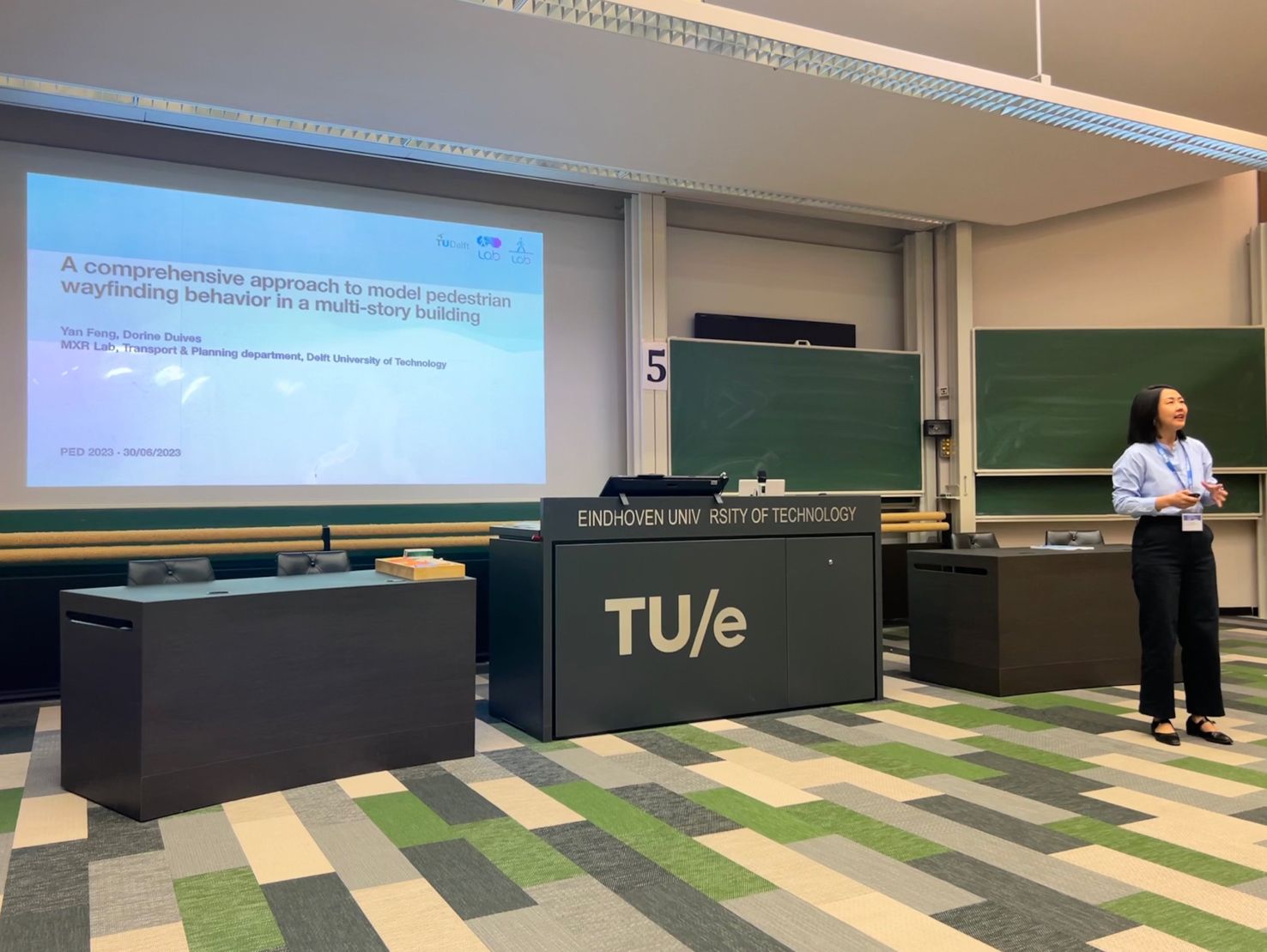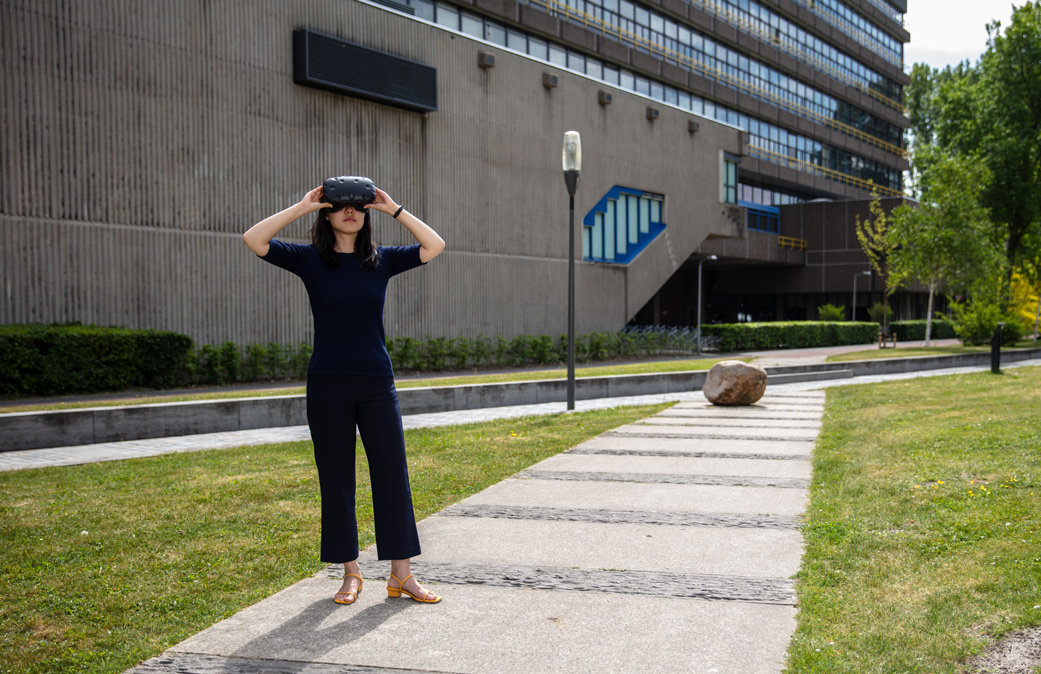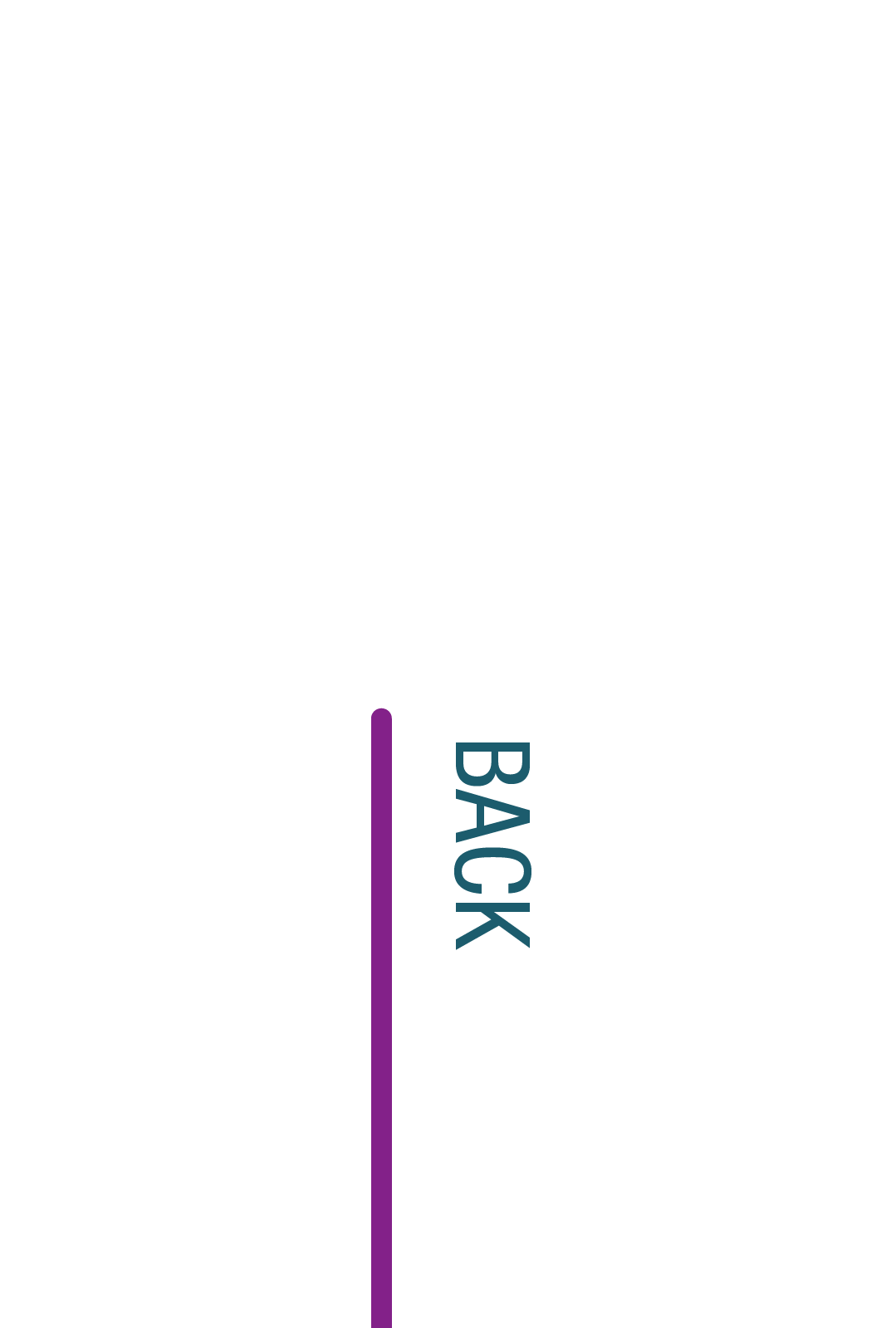

Immerse Yourself in VR Education and Research at Open Campus Day!
Are you curious about the groundbreaking applications of Virtual Reality in education and research? Immerse yourself in the transformative power of VR at the Delft University of Technology's Open Campus Day! Join us on Friday, October 20th, or Monday, October 23rd, 2023, from 9 a.m. to 5 p.m., at the Civil Engineering and Geoscience Faculty.

Workshop: Use of VR to understand the interactions between automated vehicles and vulnerable road users
The introduction of automated vehicles (AVs) may contribute to significant changes in the future urban environment. Understanding the interaction between automated vehicles and vulnerable road users (VRUs) is essential for the development of automated vehicles in urban scenarios (e.g., intersections and shared spaces). Virtual Reality (VR) provides possibilities to obtain complete experimental control and automatically collect behavioural data of vulnerable road users when interacting with automated vehicles, without endangering VRUs. The usage of VR has attracted strong attention to play a key role in studying and better understanding interactions between autonomous vehicles and vulnerable road users.
Exhibition: eXtended Reality for Civil Engineering
During the master course eXtended Reality for Civil Engineering, six groups of motivated MSc Civil Engineering students develop their XR applications, conduct experiments, and collect data to address pressing civil engineering problems. Their projects span diverse topics, from road safety behavioral studies to advanced clash detection techniques and innovative visualisations of construction sites. Their projects and posters will be exhibited at TuDelft Library from 20 - 23 Feb.

Pedestrian and Evacuation Dynamics (PED) 2023
Our MXR Lab members presented their latest research at the International Conference on Pedestrian and Evacuation Dynamics (PED) 2023. The presentations covered a wide range of topics related to VR applications in the pedestrian domain, including pedestrian route choice, wayfinding study, urbanism, and pedestrian walking behavior.
Arco van Beek presented his work on using VR to study the impact of illumination on pedestrian route choice and walking speed. Céleste Richard showcased her work about using VR to assess the impact of urban elements on pedestrian wayfinding behavior and well-being. In addition to our students, Yan Feng presented her work with Dorine Duives on a comprehensive approach to model pedestrian wayfinding behavior in a multi-story building. Moreover, Dorine Duives presented research on the usage of VR to study pedestrian walking velocity. Each paper presented at the conference shed light on applying VR to pedestrian fields, providing valuable methodological and behavioral insights.

Evacuating virtual buildings
Feng is fascinated by the way pedestrians get from a to b and what motivates their choices along the way. Feng: ‘What information are pedestrians relying on? Are some markers more important than others? How do people scan their environment? That is the sort of knowledge that will provide an insight into pedestrian behaviour.’The use of virtual reality (VR) and augmented reality (AR) for research purposes is still relatively new. For Feng, these technologies offer an opportunity to simulate real life situations, including potentially dangerous ones. At the same time her research will show to what extent VR & AR can be used to study pedestrian behaviour.
Feng found 150 volunteers to navigate the virtual CEG building to study pedestrian wayfinding behaviour in multi-storey buildings. “We want to understand how pedestrians interact with the environment, and why they choose certain routes and exits.”

